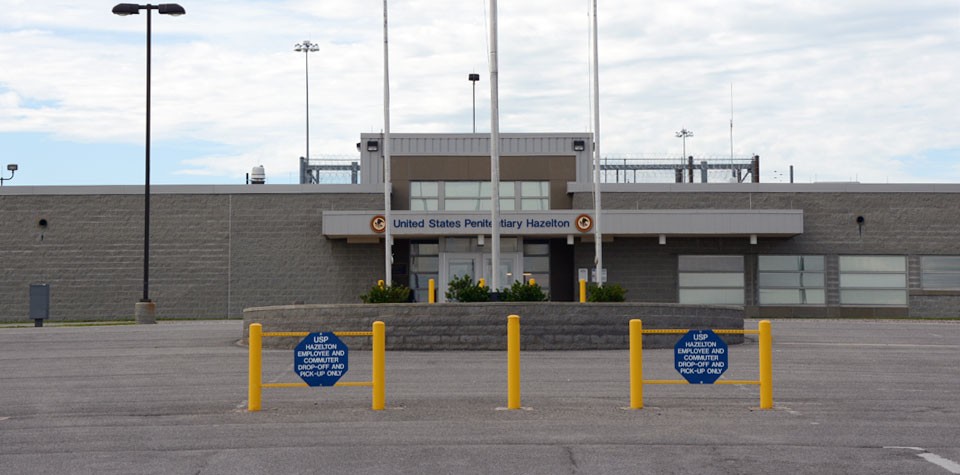HAZELTON — HAZELTON — Why was James “Whitey” Bulger housed in a unit at USP Hazelton where his killers could reach him? Even some staffers within the Preston County prison want to know.
Bulger, 89, a convicted gangster and murderer who worked as an informant for police, was pronounced dead at USP Hazelton on Tuesday, barely 11 hours after his arrival. The Boston Globe reported Bulger was killed in his cell.
The question is, why was he housed where his killers could reach him?
“That’s stupid. A rookie up there with two months in the bureau could tell you that he couldn’t walk our yard,” a prison source told The Dominion Post. “It’s careless. You’re going to put a dude like that in gen pop? You cannot be a snitch and walk our yard. It was a dumb move.”
Asked about the possibility solitary confinement cells weren’t available, the source said, “We’re not maxed out. They can always create solitary cells.”
Multiple law enforcement sources told media outlets convicted murderer Fotios “Freddy” Geas, 51, and other inmates beat Bulger to death using a lock inside a sock.
Boston Globe investigative reporter Shelley Murphy deemed Bulger’s exposure to other inmates atypical.
“It’s very strange that he was sent to that prison. We know there were people at that prison, not just the guy now suspected in the murder, but others that have Boston ties there,” she said. “It’s just a little strange they would put Whitey in a place with known adversaries.”
Bulger was the third inmate killed at the high-security prison within seven months. The other two died in altercations with fellow inmates.
Asked by The Dominion Post what type of unit Bulger was housed in — and whether it was the same housing option he had in previous prisons — the U.S. Bureau of Prisons Public Affairs office declined comment:
“Due to the ongoing investigation, we cannot comment on any of the matters you raise,” the bureau replied, referring questions to the U.S. Attorney’s office.
The U.S. Attorney’s Office for the Northern District of West Virginia and the FBI are investigating Bulger’s death as a homicide. “To protect the integrity of the investigation, no further details will be released at this time,” the office said in a news release.
The BOP Public Affairs Office said it doesn’t “disclose the reasons a specific inmate transfers from one institution to another.”
It referred to a designations web page that discusses factors, “considered when designating inmates to BOP correctional institutions, such as security, population, programming and medical needs.”
It also referred to BOP Program Statement 5100.08, “Inmate Security Designation and Custody Classification.” That statement says, in part, “Staff will systematically and objectively review an inmate’s classification making the environment in which they are housed safer for both inmates and staff while protecting the public from undue risk.”
Bulger was an FBI informant while part of a Boston crime family. He fled Boston in 1995 after learning authorities were going after him. He was arrested in California in 2011, convicted in 2013 and sentenced to life in prison
USP Hazelton is one of 17 high-security penitentiaries operated by the U.S. Bureau of Prisons. All visitation at the prison was suspended until further notice, according to its web site.




